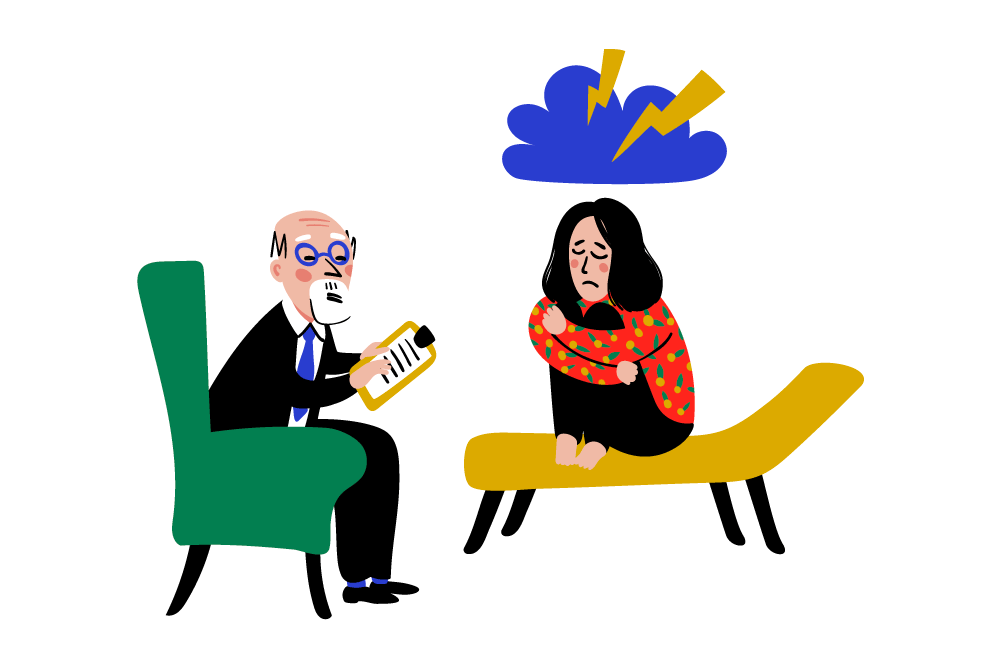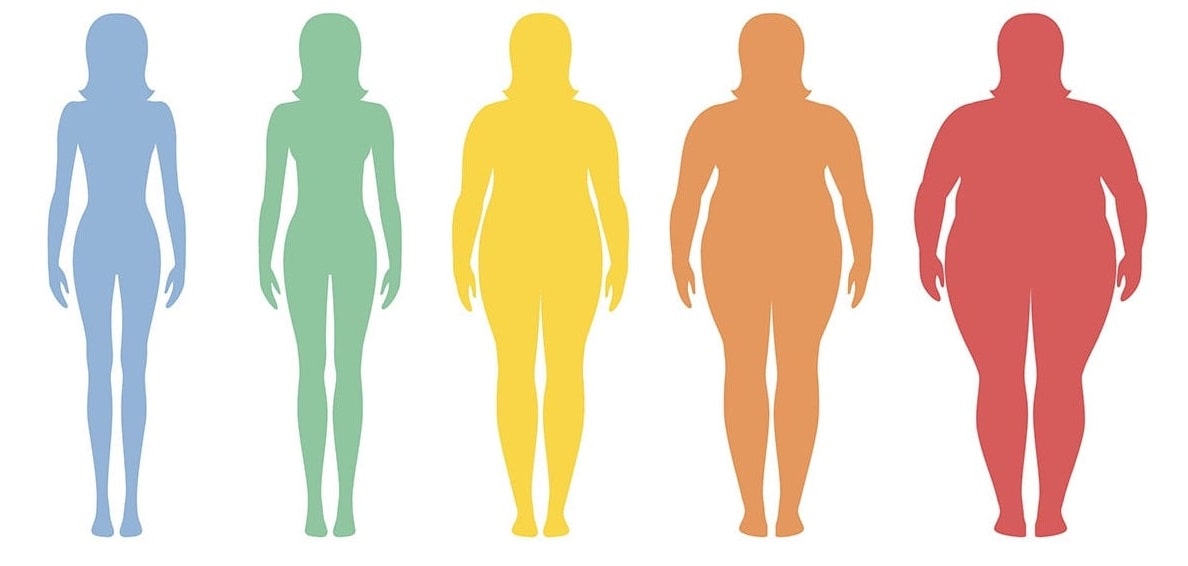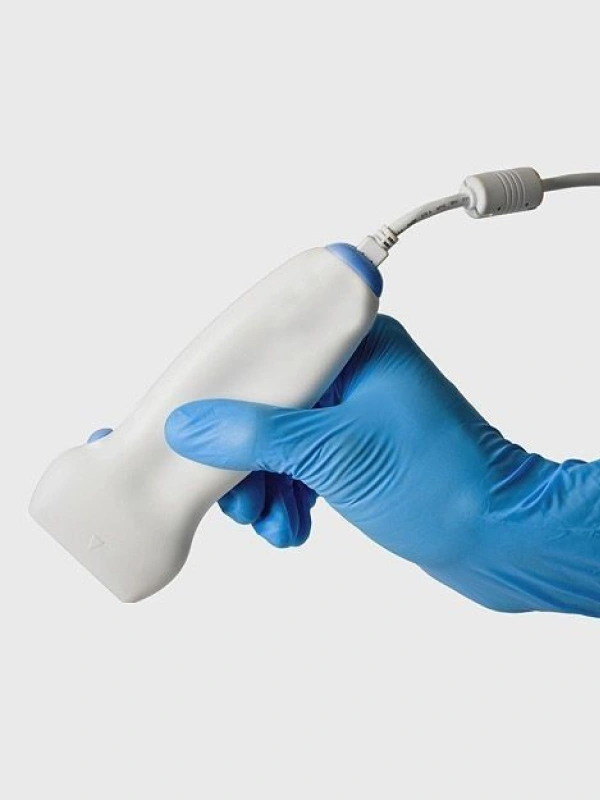Dubai
English
Request a call

Bulimia is an eating disorder that requires a comprehensive approach to therapy. The condition is accompanied by episodes of overeating and subsequent attempts to get rid of the food consumed, which can significantly affect both physical and mental health. Let’s look at how to treat bulimia, which methods are effective, and whether it is possible to cope with this condition on your own.
How bulimia is treated in the hospital
Treatment of pathological overeating in an inpatient setting is a complex process that includes medical care, psychological support, and, if necessary, pharmacological therapy. Doctors often use the following approaches:- Psychotherapy. One of the main methods is cognitive-behavioral therapy (CBT), which helps change the patient’s attitude toward food and their body.
- Medication. In some cases, doctors prescribe antidepressants to stabilize emotional well-being.
- Group therapy. Communication with people experiencing similar problems helps patients cope better with the disorder.
- Nutritional support. An individual meal plan is developed for the patient to restore a normal eating routine.

How to Treat Bulimia at Home
Although home methods cannot replace professional help, some steps can help cope with the early stages of the disorder or maintain a stable condition after therapy. Here’s what can be done:- Creating a meal routine: regular meals in small portions can help prevent binge-eating episodes.
- Keeping a journal: write down your emotions and thoughts related to food. This will help identify triggers and better control your behavior.
- Working on self-esteem: dedicate time to building self-confidence and avoid negative comparisons with others.
- Support from loved ones: family and friends can become an important source of strength in difficult moments.

How Bulimia Is Treated: Stages and Approaches
The disorder is treated gradually, and success depends on the individual characteristics of the person. The main stages of proper treatment of the disease are:- Diagnosis. A specialist conducts an examination to assess the severity of the problem and determine the appropriate treatment method.
- Psychological support. Regular consultations with a psychotherapist help to deal with the internal causes of the disorder.
- Formation of healthy habits. Gradual lifestyle changes, including sleep schedule, nutrition, and physical activity.
- Monitoring results. Even after successful treatment, it is important to keep track of your condition to avoid relapse.
How to Treat Nervous Bulimia: Expert Advice
Nervous bulimia is associated with emotional stress and anxiety, so its treatment should focus not only on eating behavior but also on the causes that trigger overeating. Psychologists recommend:- Relaxation exercises. Meditation, breathing practices, or yoga can help reduce stress levels.
- Development of emotional self-regulation skills. This can include art therapy, reading books, or keeping a journal.
- Focus on long-term motivation. Setting small, achievable goals helps maintain confidence in success.

The Right Approach to Treating an Eating Disorder
Treating binge eating disorder requires patience and perseverance. Here is what is important to consider:- Acknowledge the problem. Accepting that you need help is the first step toward recovery.
- Do not postpone visiting a doctor. The earlier the treatment begins, the easier it is to cope with the disorder.
- Learn information. Understanding how bulimia is treated will help reduce fear of therapy.
- Be honest with yourself. Share your feelings with loved ones and specialists.

Practical Tips for Coping with Bulimia at Home
If you decide to try treating bulimia on your own, follow these steps:- Create a daily routine with designated times for rest and meals.
- Find a hobby or activities that will distract you from thoughts about food.
- Maintain regular physical activity — this will help reduce anxiety.
- Limit access to triggers such as social media, where unhealthy thinness is often promoted.

Fill out the form to book your consultation.
Your personal manager will contact you within 10 minutes and arrange a convenient time for your visit.












